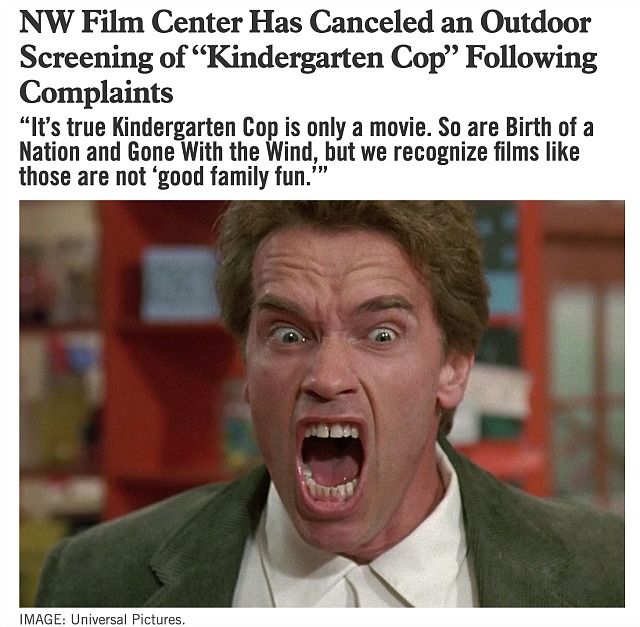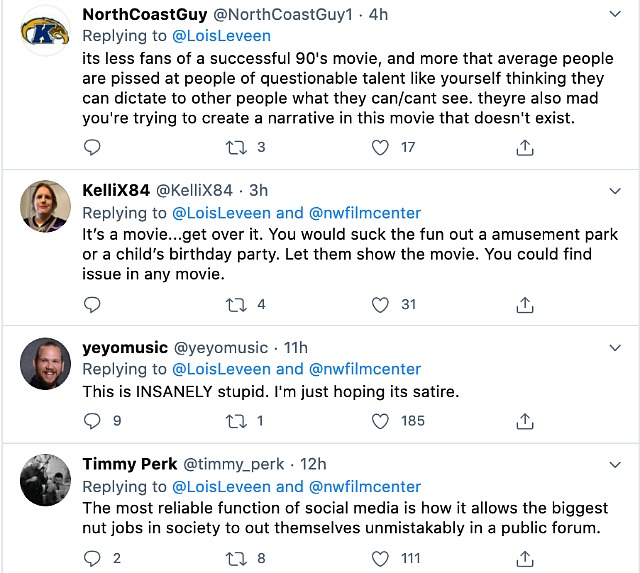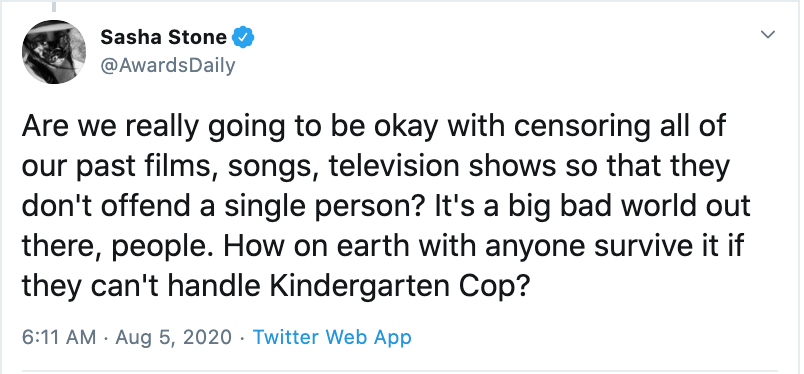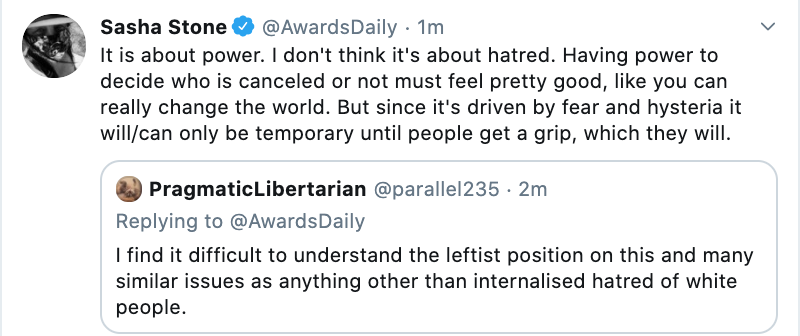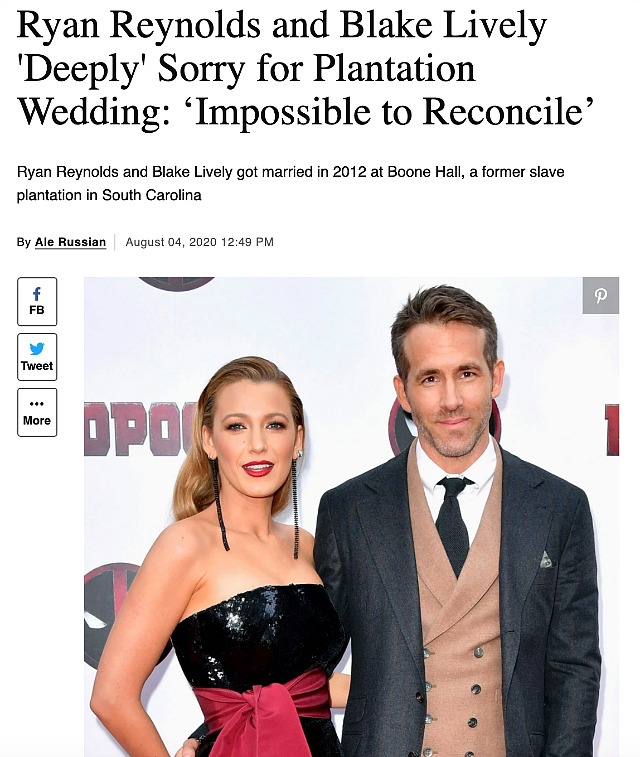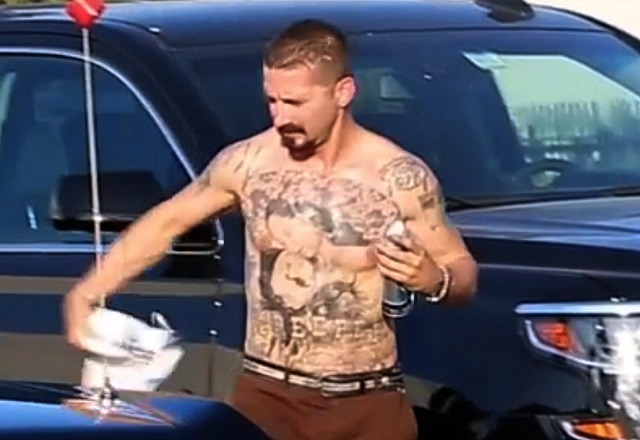Deadline‘s Justin Kroll is reporting that in the wake of playing Mr. Rogers, a Naval Commander in Greyhound, a 19th Century news carrier in News of the World, an ailing inventor in BIOS and Colonel Tom Parker in Baz Luhrman‘s Elvis, Tom Hanks is “zeroing in” on playing Geppetto in a Robert Zemeckis’ live-action retelling of Pinocchio for Disney.
My first thought was that this is like the 70-year-old James Stewart (to whom Hanks has often been compared) starring in The Magic of Lassie (’78).
HE advice to Hanks: I realize Zemeckis isn’t a hack, but never default to family-friendly stuff in your emeritus years. You were doing so well with Greyhound, News of the World and Elvis, and now this. Life is short — keep it hard and real and tell the truth. Play William S. Burroughs. Play a randy university professor who’s sued for sexual harassment by a student. Use your best-liked-actor reputation to play misunderstood “bad guys.”
Kroll: “Although insiders say negotiations are very early, we hear that after reading the script, Hanks has reached out to Zemeckis to let him know he wants to do the film. Disney has always longed for Hanks to play the woodcarver, having approached him years ago when Paul King was attached to direct. That deal was never made, but given Hanks and Zemeckis’ long-standing relationship going back to when they both won Oscars for their work on Forrest Gump, this seems more likely to move forward.”




